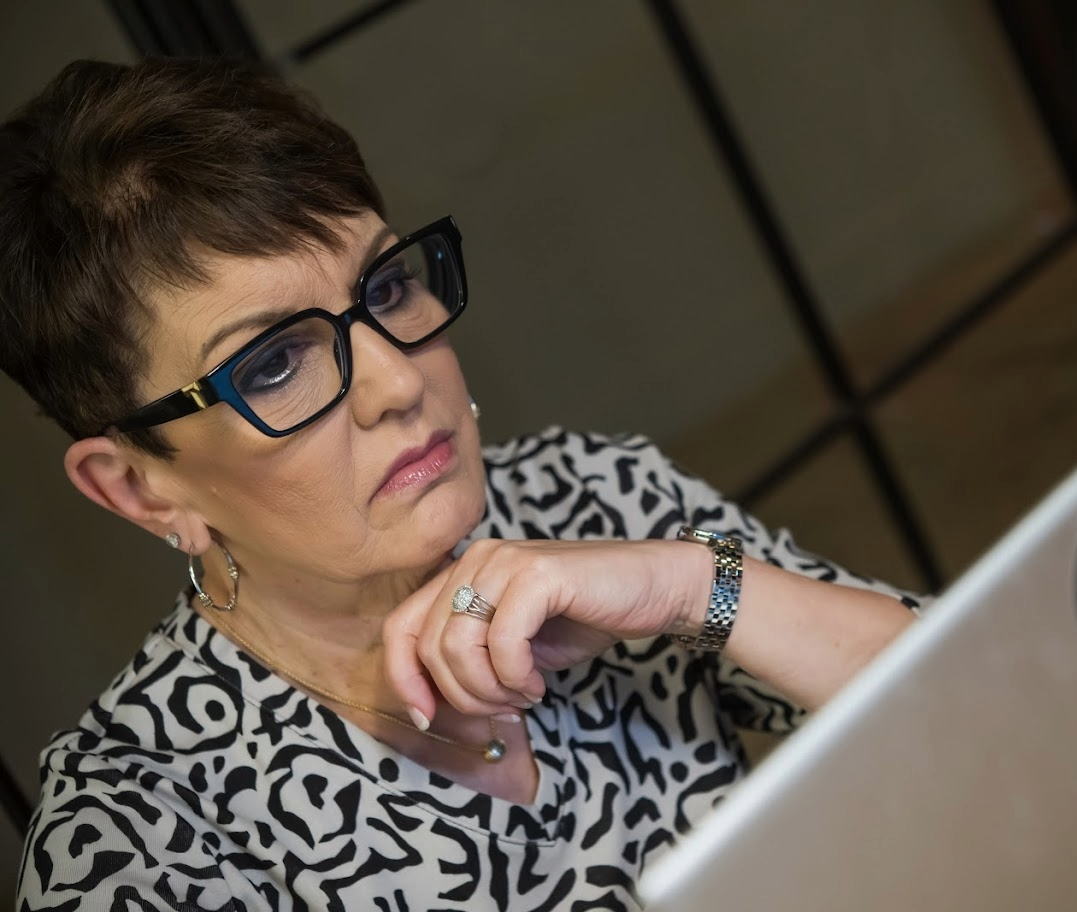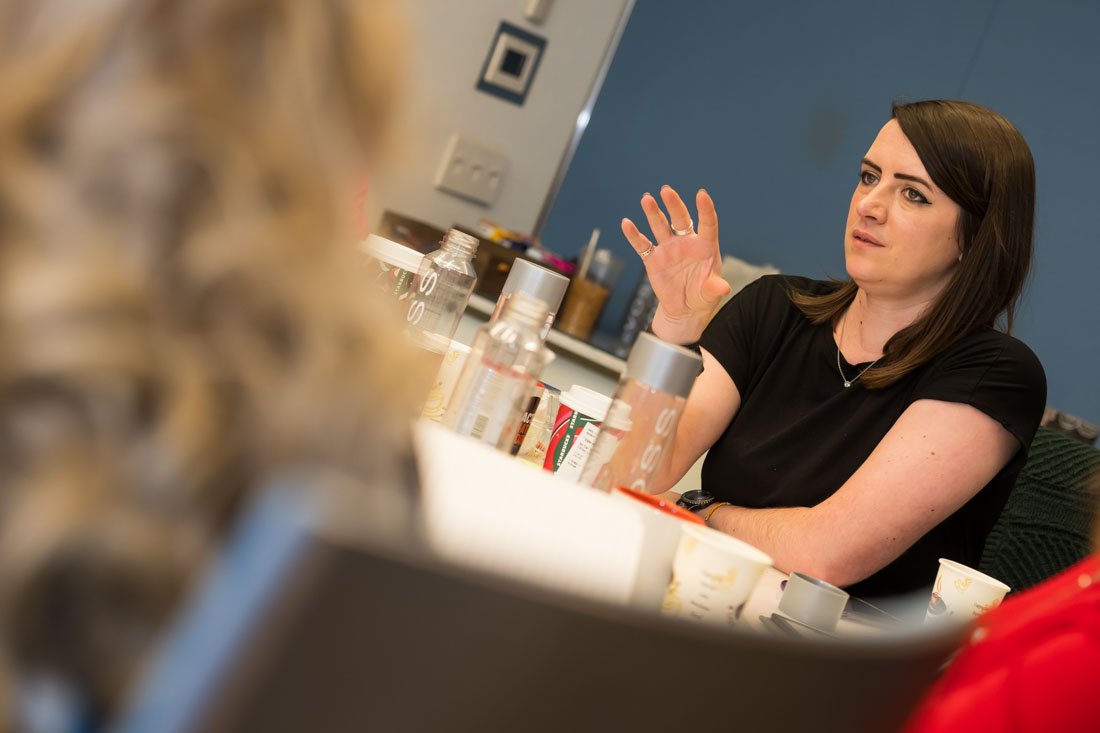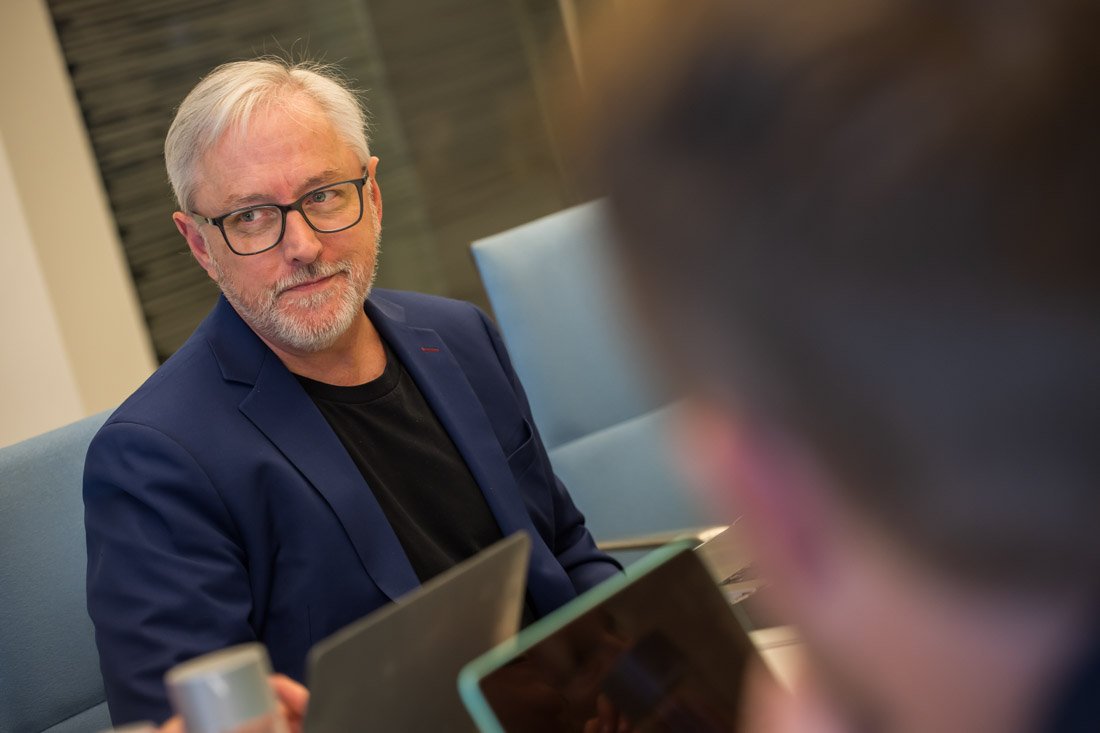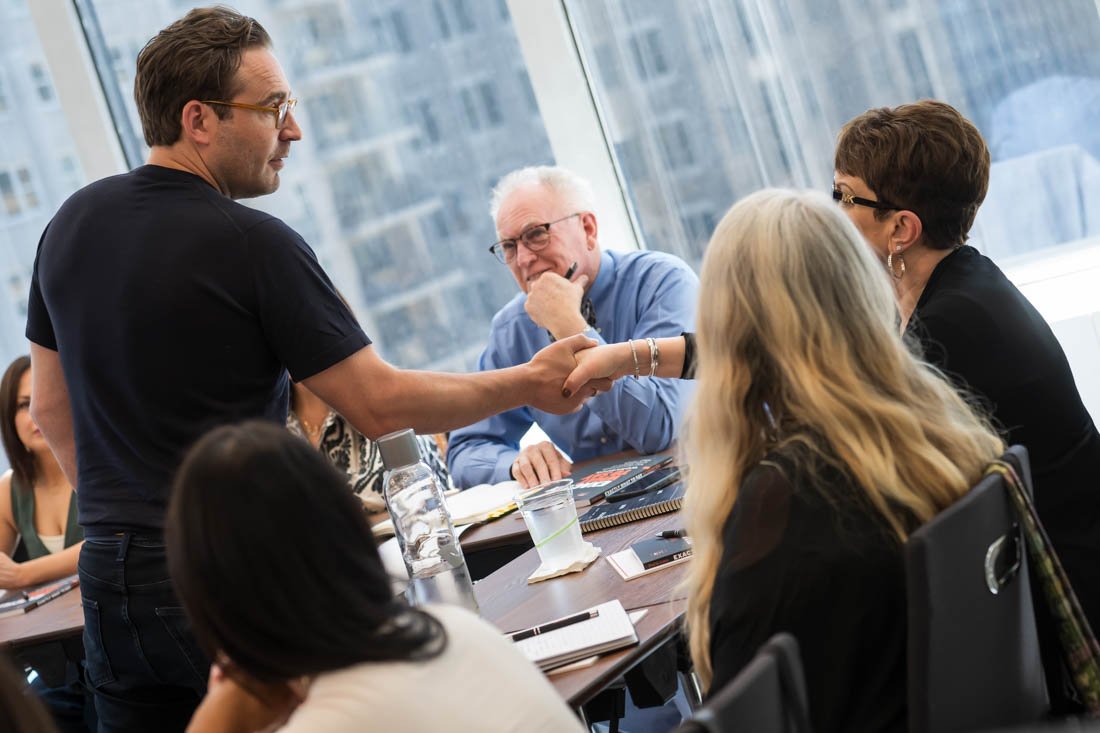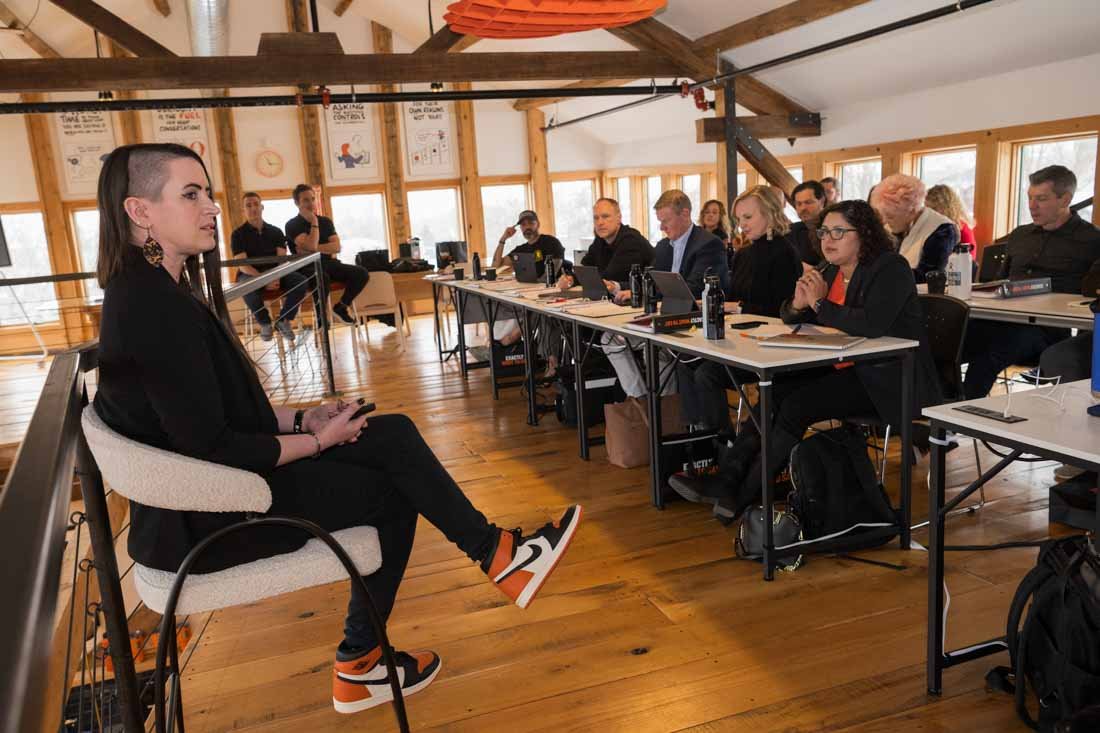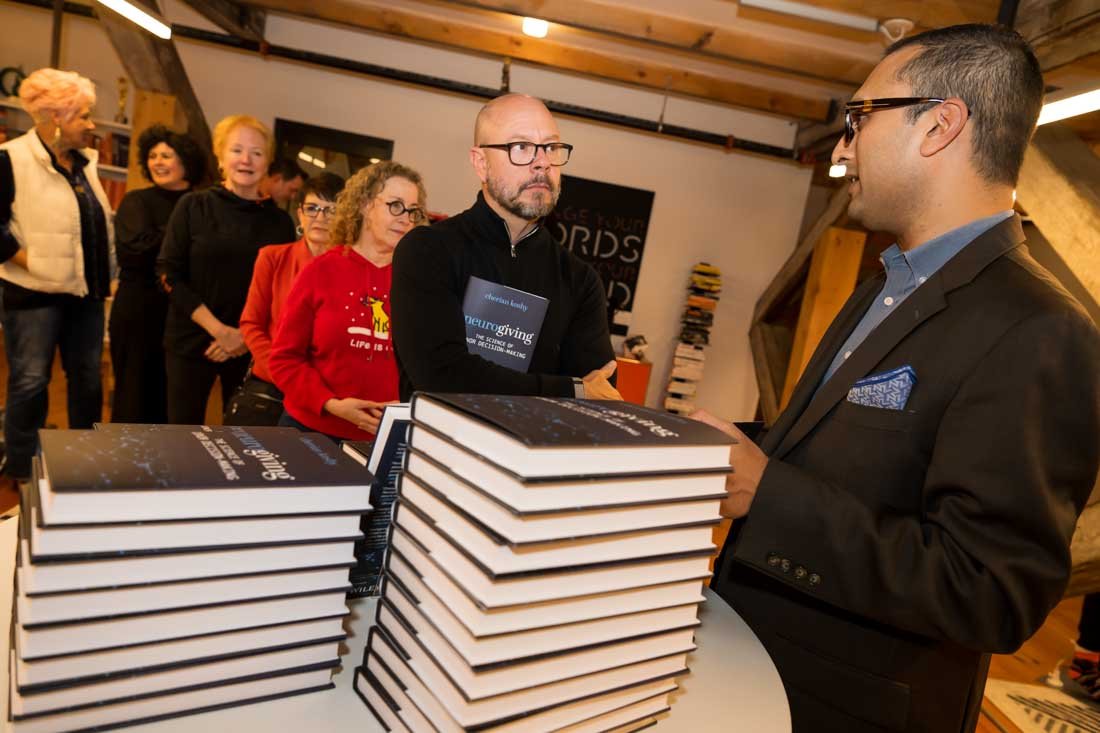We’re faced with countless choices every day—some small, like what to eat for lunch; others bigger, like how to spend our time, energy, and attention.
For a long time, I told myself I was making intentional choices.
“I choose to work out today.”
“I choose to stay focused.”
“I choose to let that go.”
But a recent conversation with a mentor reframed everything for me.
He used a simple metaphor: imagine you’re at a restaurant. You sit down, open the menu, and begin reviewing your options. You look at what sounds good, what aligns with your goals, what fits your appetite.
That’s the choosing process.
But eventually, you make a decision. You close the menu. You order.
And in that moment, something subtle but powerful happens—your mind stops spinning. You’re no longer weighing, wondering, or wavering. You’ve decided. And now you move on.
That landed deeply with me.
Because when I’m choosing, I’m still entertaining multiple options. I’m still evaluating. I’m still open to distractions, doubt, or delay. But when I decide, I cut through the noise. I create momentum.
The science backs it up. Psychologists call it decision fatigue—the idea that our ability to make good decisions deteriorates after a long session of decision-making. Every unresolved option we carry around taxes our cognitive energy. But making a clear decision reduces that load. It frees up mental space and restores focus.
I’ve even noticed the shift in how I journal. I used to write,
“Today I choose to show up focused and energized.”
Now I write,
“Today I decide I will show up focused and energized.”
That small tweak has changed everything. I’m no longer leaving space for maybe. It’s a done deal.
And here’s what surprised me: this shift hasn’t just helped me move forward on goals and priorities—it’s helped me deal with negative thoughts, too.
When anxiety shows up…
When perfectionism tries to take the wheel…
When I catch myself trying to control something outside my control…
I’ve started saying, “I decide not to think about that right now.”
That single sentence puts me back in the driver’s seat. It doesn’t ignore the thought—but it chooses not to give it power. It draws a boundary.
So here’s what I’m learning:
Choices are valuable. But decisions are freeing.
When we move from considering to committing, we move forward.
When we speak with clarity, we think more clearly.
And when we make fewer open-ended choices, we regain time, energy, and peace of mind.
I’m not aiming for perfect execution. I’m simply practicing the shift—one decision at a time.
Because today, I decide to move forward.



